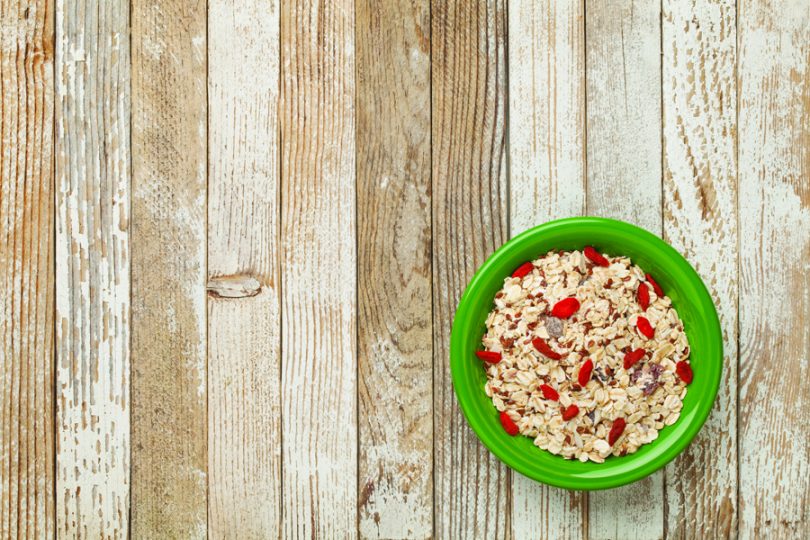Written By Tami Hulcher
Conquer illness with flax and other sources of omega-3 fatty acids
What tiny seed packs a protective punch? The miraculous flax seed! What makes this seed so potent? Flax seed contains alpha-linolenic acid (ALA), one of three major omega-3 fatty acids. ALA is the true essential omega-3 fatty acid—necessary in our diets because the body does not make it. ALA is converted to long-chain omega-3 fatty acids, particularly EPA and DHA. Both are vital for health, but they are not considered “essential” because the body makes them from ALA. Flax seed also contains protein with all of the amino acids, making it a “complete protein.”
But are we getting enough of these healthy omega-3 fatty acids? Do some people get any?
Americans tend to overload on not-so-healthy omega-6 fatty acids. Sources of omega-6 include animal protein and processed vegetable oils (sunflower, corn, safflower). Excess omega-6s in the diet can cause low-grade chronic inflammation that may contribute to health problems such as heart disease, Alzheimer’s disease, cancer, metabolic syndrome, obesity, osteoporosis, type 2 diabetes and periodontitis, to name a few.
So, fight back with flax! Sprinkle ground flax meal on cereal, yogurt or a salad; put it in pancakes, smoothies, or rice dishes. And if you don’t like flax, try other plant-based sources of omega- 3s such as walnuts, wheat germ, pumpkin seeds and soybeans (non-GMO, please!). I prefer freshly ground flax seeds, not flax oil, because oil lacks lignans and fiber. If you buy ground flax meal, be sure to seal it tightly and keep it refrigerated.
OMG! — The many benefits of omega-3s, particularly in flax seeds
Cancer
Recent studies suggest that flax seed may have a protective effect against cancer, particularly breast cancer, prostate cancer and colon cancer. Flax and its lignans may help protect against breast cancer by altering the metabolism of estrogen. Lignans seem to flush excess estrogen out of the body, thereby reducing the incidence of estrogen-linked cancers.
Heart disease
Research suggests that plant omega-3s help the cardiovascular system via multiple mechanisms, such as reducing inflammation and normalizing the heartbeat. Several studies have suggested that diets rich in flax seed omega-3s help prevent the hardening of and buildup of plaque in the arteries. Lignans in flax seed have been shown to reduce atherosclerotic plaque buildup by up to 75 percent.
Cholesterol & blood pressure
The cholesterol-lowering effects of flax seed stem from the synergistic benefits of the omega-3 ALA, fiber and lignans. Some research also suggests significant blood pressure-lowering effects.
Fiber
Americans simply don’t get enough daily fiber. Flax contains both soluble and insoluble dietary fiber. Dietary fiber acts as a bulking agent in the gut. It also helps escort toxins and other wastes from the body.
Diabetes
Studies show flax lowers blood glucose and may benefit those with type 2 diabetes.
Menopause
As if all this wasn’t enough, flax has been shown to reduce hot flashes in menopausal women. Flax may also normalize the menstrual cycle.
FYI: For more than 7,000 years, humans have been consuming flax seed. Flax was one of the original “medicines” used by Hippocrates and, as Mahatma Gandhi observed, “Whenever flax seed becomes a regular food item among the people, there will be better health.”
—-


